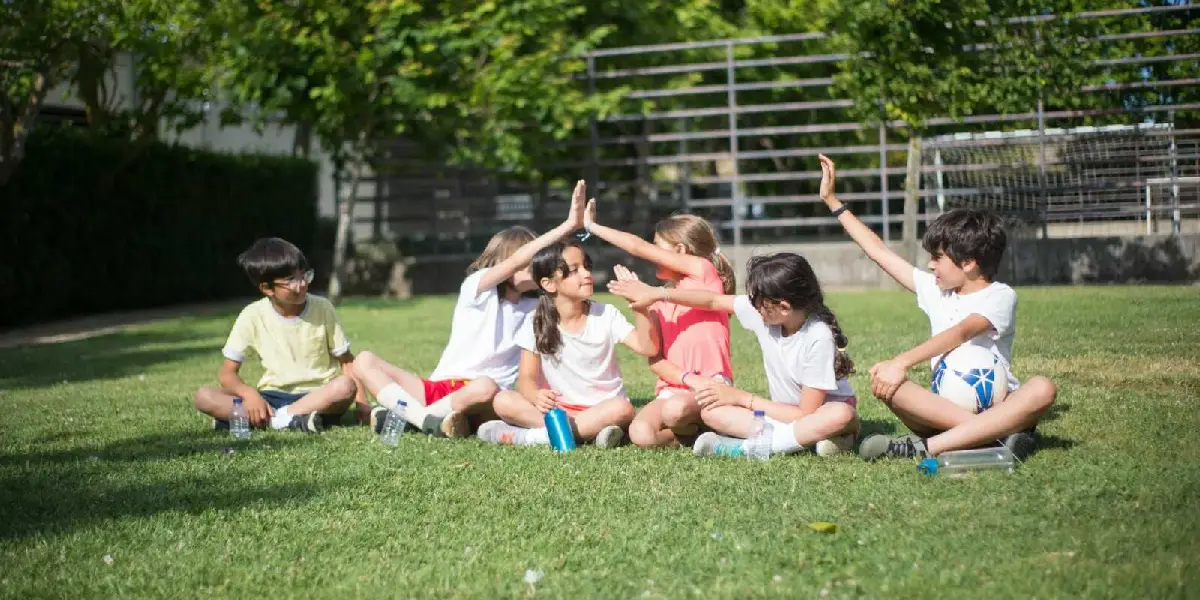Maximizing Your Social Skills: Strategies for Improvement
Improving your social skills can help you succeed in your personal and professional lives. Whether you want to improve your connections with friends and family or progress in your job, strengthening your social skills can help. You can develop social skills by actively listening to people, being present in conversations, and demonstrating empathy towards others. It can also assist to practice assertiveness, being open to feedback, and learning and adjusting on a regular basis. By putting these ideas into action, you can improve your social skills and effectively create and maintain excellent relationships with those around you.
Importance of strong social skills
For a variety of reasons, having strong social skills is essential. They can assist you in developing and maintaining healthy friendships, familial ties, and love partnerships in your private life. This may result in a stronger sense of kinship and support, enhancing your general well-being and happiness. In a working setting, having excellent social skills can help you communicate and interact with others successfully, work well with coworkers, and establish and sustain professional relationships. Better job performance and prospects for growth may result from this.
Additionally, strong social skills can help you navigate and succeed in a wide range of social situations, from networking events to job interviews.
Overall, strong social skills can help you build and maintain strong, positive relationships and be more successful in both your personal and professional life.
Identify areas for improvement
Identifying areas for improvement in your social skills is an important first step toward building and strengthening them. One way to do this is to reflect on your past social interactions and consider areas where you may have struggled or felt uncomfortable. For example, perhaps you had trouble speaking up in group settings or found it difficult to establish rapport with new people. Other areas for improvement may include active listening, empathy, and conflict resolution. It can also be helpful to seek feedback from trusted friends, family, or colleagues on areas where they think you could improve your social skills.
Observing how people with good social skills interact with one another and thinking about what you can learn from their style is another technique to spot areas that need development. You may discover and address areas for improvement, boost your social skills, and grow more self-assured and effective in your social interactions by actively looking for growth possibilities.
Seek feedback from others
Getting input from others is a helpful tactic for figuring out where your social skills need work. You can learn a lot about how people see you and how to engage with people more successfully by soliciting comments. It’s critical to approach this process with an open mind and an eagerness to learn, as opposed to putting up a wall or being impervious to criticism. Think about getting frank advice about your social skills from a dependable friend, member of your family, or work associate.
You can also get feedback from a mentor or professional coach, who can offer more structured help and guidance.
Be explicit in your requests for feedback, and attempt to focus on specific actions or situations where you would like to improve.
You can discover areas for development and work towards enhancing your social skills by actively seeking feedback and using it as an opportunity for progress.
Develop empathy and emotional intelligence
Improving your social skills and developing strong, meaningful relationships with others can be aided by developing empathy and emotional intelligence. Empathy is the ability to comprehend and share another person’s feelings, whereas emotional intelligence entails being aware of and controlling one’s own emotions as well as being sensitive to the emotions of others. Here are some approaches to increasing empathy and emotional intelligence:
- Practice active listening: When interacting with others, focus on really listening to what they are saying, rather than just waiting for your turn to speak. This means paying attention to their words and body language and asking questions to show that you are interested in what they have to say.
- Seek to understand others’ perspectives: When interacting with someone, try to see things from their perspective and understand their thoughts and feelings. This can help you build rapport and create a more positive, empathetic connection.
- Take time to reflect on your own emotions: By taking the time to understand and manage your own emotions, you can become more attuned to the emotions of others. This can involve activities such as mindfulness meditation, journaling, or talking to a trusted friend or therapist about your feelings.
- Practice mindfulness: Being mindful means being present in the moment and fully engaged in your interactions with others. By practicing mindfulness, you can become more attuned to your own emotions and the emotions of others, and be more present in your social interactions.
By developing empathy and emotional intelligence, you can improve your ability to connect with others and build stronger, more meaningful relationships.
Conclusion
In order to develop strong social skills, it is important to identify areas for improvement and seek out opportunities to practice. Building empathy and emotional intelligence, as well as effective communication skills, can also greatly enhance social interactions. It is also important to work on confidence and assertiveness and to have strategies in place for handling difficult people and situations. Continuous practice and self-reflection can help to further develop and improve social skills over time.




